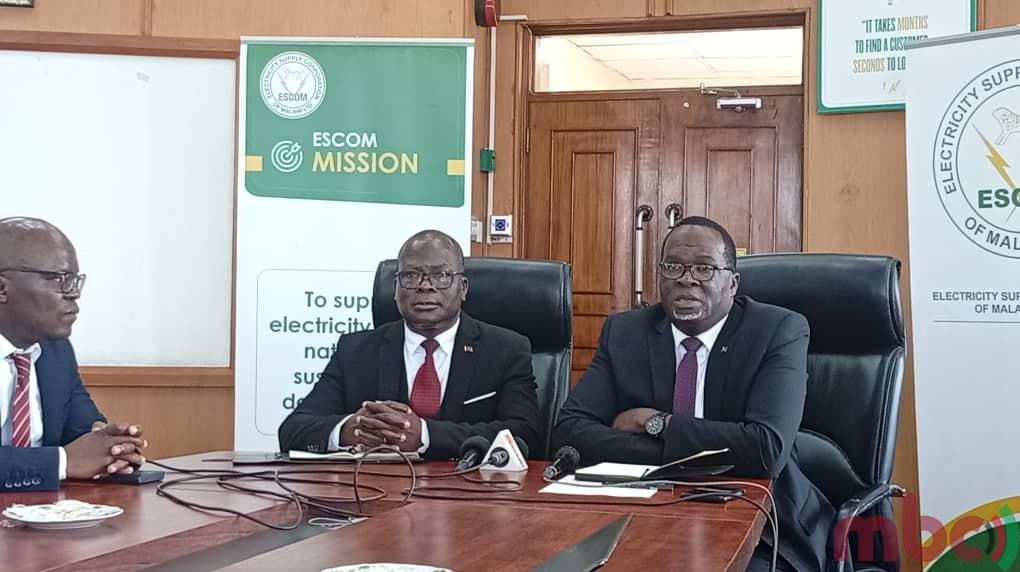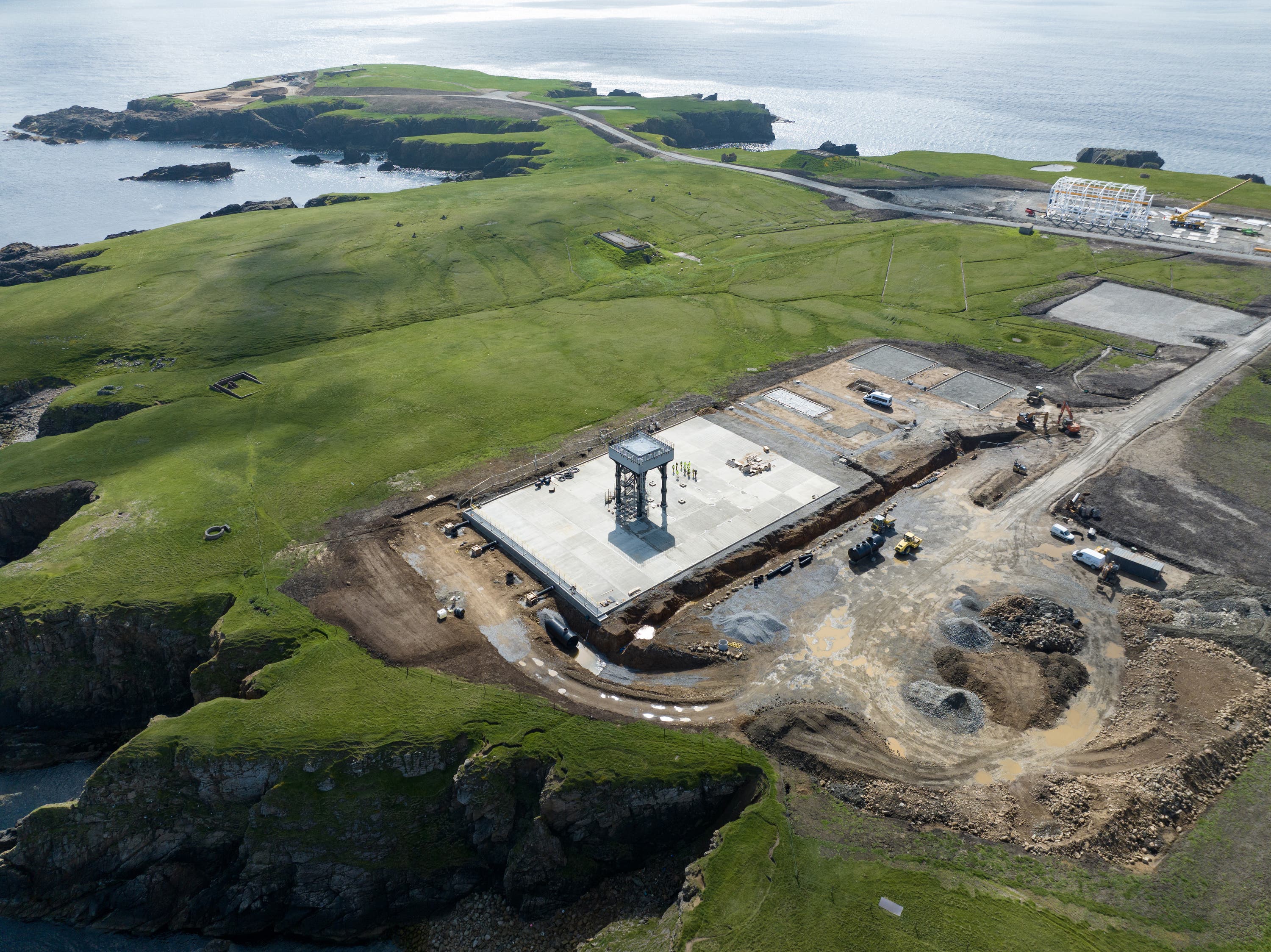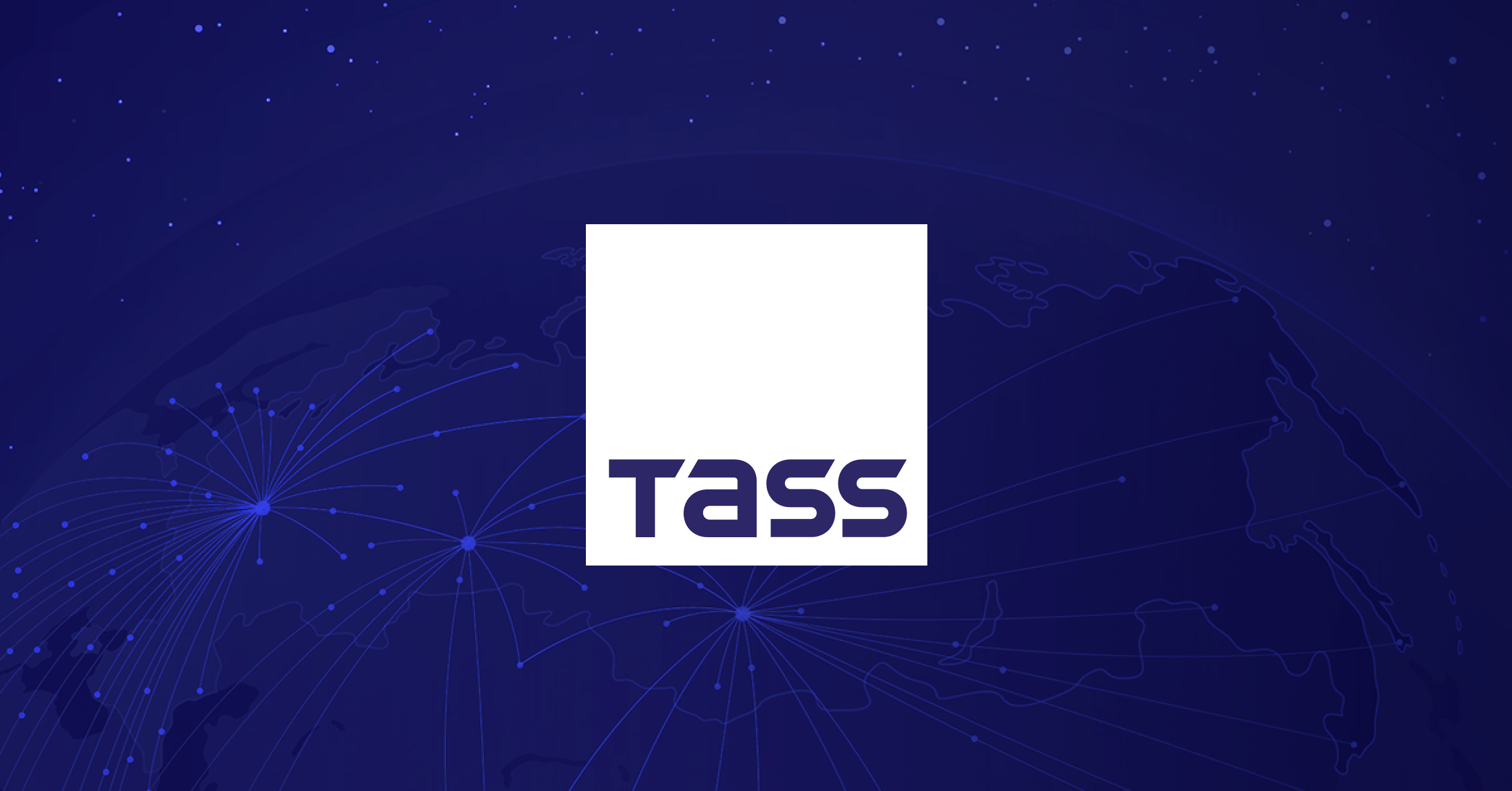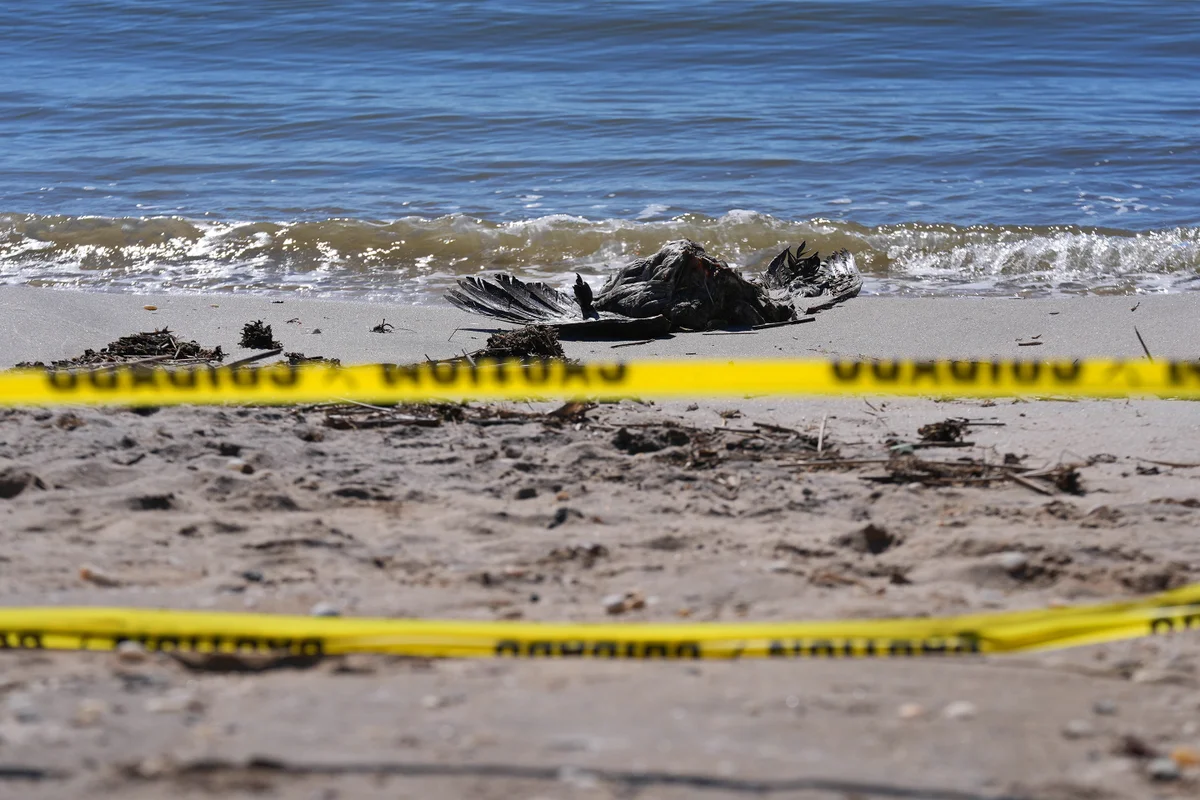By Daniel Ren
Copyright scmp
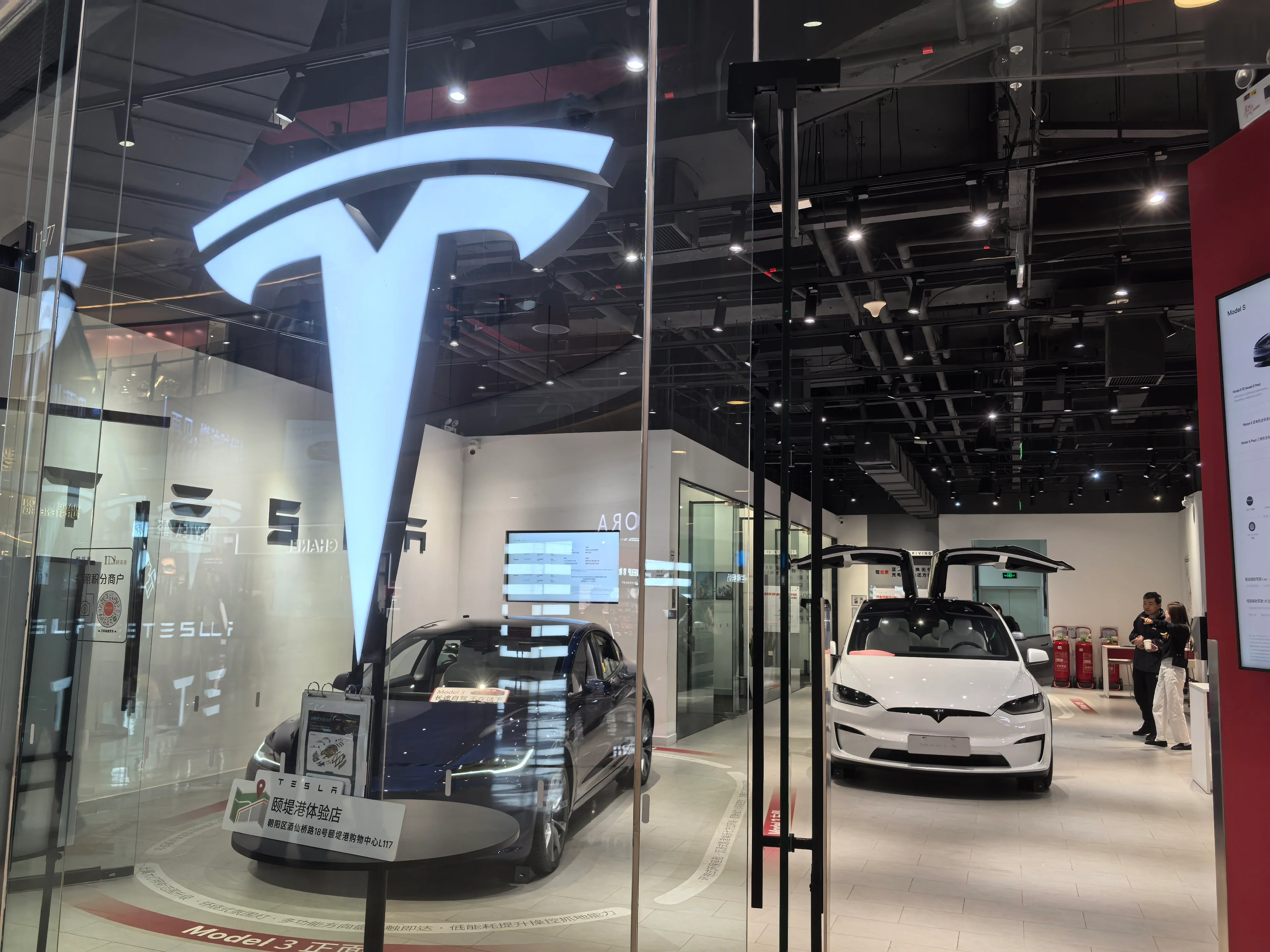
Tesla is gradually losing its appeal in China’s premium electric vehicle (EV) segment as its sales and market share fall.
The US carmaker handed 57,152 Shanghai-made Model 3 and Model Y vehicles over to customers on the mainland last month, down 9.9 per cent from a year earlier, according to the China Passenger Car Association (CPCA).
That meant Tesla’s losing streak has extended to six months in a row, despite its efforts to woo consumers away from rivals like Xpeng and Xiaomi with price cuts, interest-free loans and new model launches.
Tesla’s sales on the mainland last month accounted for 4.4 per cent of the nation’s total EV deliveries, which climbed 23 per cent to 1.29 million units, the CPCA data showed.
The company commanded a 16 per cent share of the Chinese EV market in 2020 when its Shanghai Gigafactory began producing Model 3 vehicles for mainland customers. That slumped to 6.9 per cent last year amid mounting challenges from China’s home-grown firms, which developed dozens of premium cars with intelligent features similar to Tesla’s models.
“Tesla is unlikely to regain its glory in this market since Chinese rivals are growing fast and their diverse product portfolios will continue to siphon off buying interest from Model 3 and Model Y vehicles,” said David Zhang, secretary general of the International Intelligent Vehicle Engineering Association. “Those Chinese-developed smart EVs are cheaper and more stylish, which proves to be attractive to many young consumers.”
In May, a UBS survey showed that the number of EV buyers in China who picked Tesla as their top choice fell to 14 per cent last year from 18 per cent a year earlier and a 30 per cent peak in 2020.
Last month, Leapmotor, backed by Fiat owner Stellantis, broke its sales record for a fourth consecutive month by delivering 57,066 units, up 13.8 per cent from July. The company is known for its cheaper models fitted with preliminary self-driving systems and digital cockpits.
In late July, the Hangzhou-based company priced its new B01 sedan at 89,800 yuan (US$12,595), which amounted to just 40 per cent of the price for a Model 3 at 235,500 yuan.
Guangzhou-based Xpeng delivered 37,709 vehicles in August, up 2.7 per cent from July, setting a new record for a second consecutive month. The basic edition of its Mona M03, a midsize, fully electric sedan that hit the market in August 2024, sports a price tag of 119,800 yuan.
Xiaomi, a smartphone maker and an EV start-up, has become one of the fastest-growing carmakers on the mainland since its first model, the SU7 fully electric sedan, debuted in March 2024.
In June, the Beijing-based company said it received 200,000 pre-orders for the YU7 sport-utility vehicle (SUV), its second production model, in just three minutes after bookings opened. Such frenzy over a new EV was unprecedented in China, where monthly sales of 10,000 units for a single model is typically considered a success.
On September 1, Xiaomi said its August deliveries exceeded 30,000 units.
“Tesla cars are still believed to be superior to their Chinese rivals in terms of quality, reliability and performance,” said Tian Maowei, a sales manager at Yiyou Auto Service in Shanghai. “But young consumers would opt for cheaper Chinese models because of their lower prices.”
Earlier this month, Tesla cut the price of its new, longer-range Model 3 by 4 per cent, or 10,000 yuan, to spur sales on the mainland – just before -deliveries were set to begin.
The new Model 3, which boasts a driving range of 830km, was being sold at 259,500 yuan after the discount. Deliveries were expected to begin this month.
Tesla was also offering buyers of the car, and some other Tesla models, a subsidy of 8,000 yuan for insurance – plus a five-year, -interest-free loan that amounted to 20,000 yuan in savings.
Tesla will also begin delivering its six-seat Model Y L – which is priced at 339,000 yuan, about 30 per cent higher than the basic edition – later this month. The vehicle, equipped with LG Energy Solution’s high–performance battery, was the most substantial update of its Chinese-made models to date.
Tesla’s Gigafactory in Shanghai, its largest production base worldwide, only assembles Model 3 and Model Y vehicles at present.
